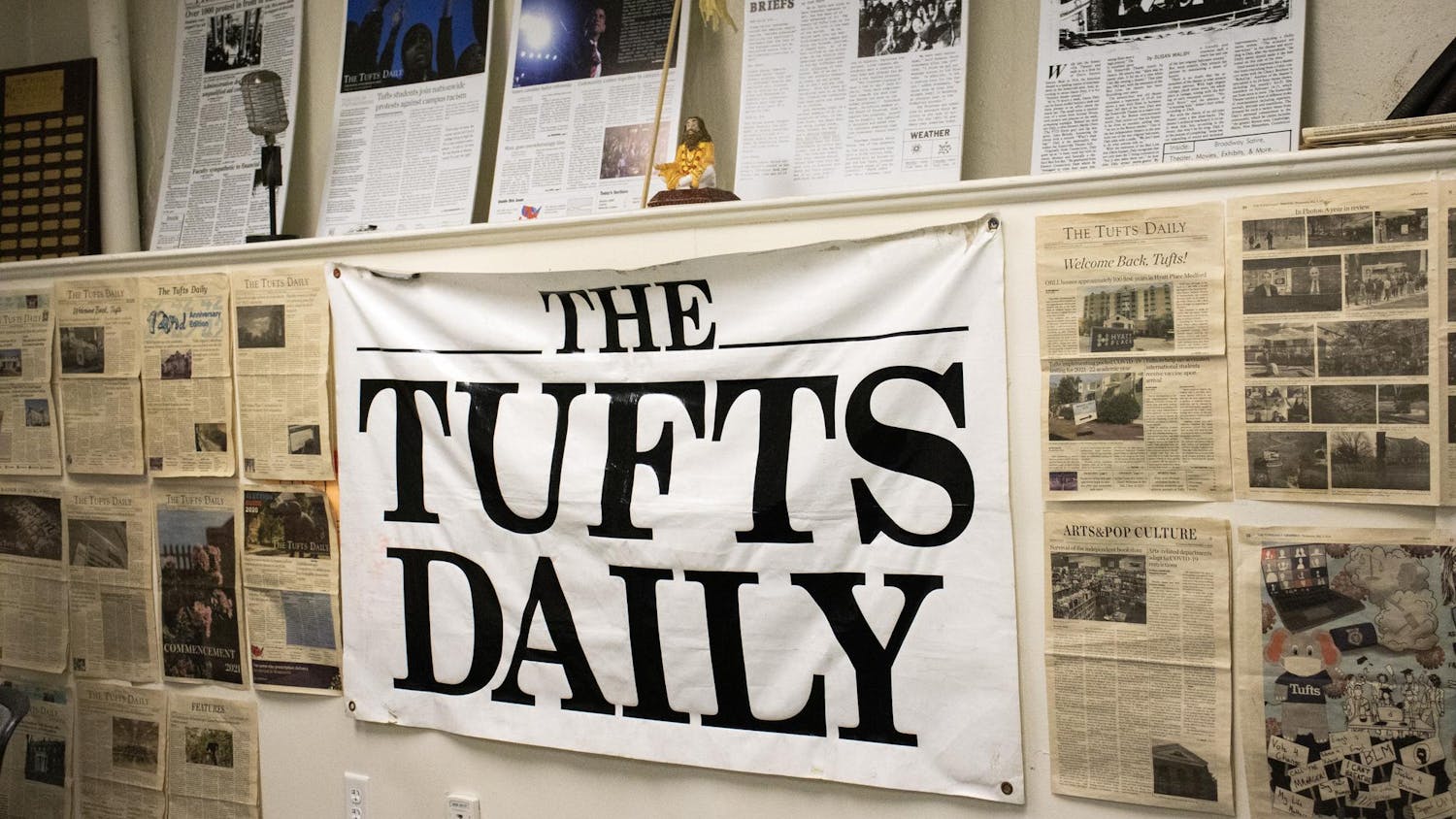There is no doubt that the majority of American people feel some degree of patriotism. The United States is known abroad for its national pride, its reverence of the Constitution and its supreme respect and admiration for its military and veterans. Furthermore, the United States is known for upholding, with greater fervor than most, the notion of individual liberties and freedom. This sense of freedom — be it of speech, religion or assembly — is deeply ingrained in American culture, to the extent that younger children often appeal to the phrase, “It’s a free country,” to justify their actions. And yet, the respect of these freedoms recently came into question when a notable football star faced backlash after deciding to exert his rights by protesting the national anthem.
Colin Kaepernick drew the attention of various media outlets when in late August, instead of standing and putting his hand over his heart — as is customary for players to do before every game — he sat down for the entirety of the anthem. Kaepernick refused to, in his words, “show pride in a flag for a country that oppresses black people.” His protest was later imitated by other players, such as Brandon Marshall of the Denver Broncos and Arian Foster of the Miami Dolphins. By some, these players are being celebrated for bringing much-needed attention to the Black Lives Matter movement and the issues that people of color face in the United States. Even President Obama commented on the matter, saying it was well within these players’ rights to protest the national anthem, and that they were bringing important topics of conversation to the mouths and minds of many, especially younger people.
However, many others became angered and offended by the way these players protested the anthem. Some thought it was unprofessional of the players to use their high-profile jobs to protest something so personal. Nonetheless, this is not the first time that football players have used their spot in the public eye to lobby for social justice or personal causes. When NFL players participate in a campaign to end domestic violence or when they wear pink on the field in October for breast cancer awareness, no one calls them unprofessional. Yes, the Black Lives Matter movement is more controversial than any of these campaigns, but the notion of saving innocent lives is commonly shared by all three.
The most common criticism of their protest was the fact that it was unpatriotic — an Iowa congressman even went so far as to say that it was sympathetic to ISIS — and that these men were being disrespectful to a country that had given them so much. Yet, by protesting the national anthem, Kaepernick and others were exerting the individual freedoms that make so many Americans proud of their country. In that sense, their protest hardly seems un-American.
If we are taking issue with football players straying from standard procedure during the anthem, should we not also take exception to the institutions in our country disregarding 'American' standard procedures of equality and justice? If the government is not fulfilling its duty by working to protect black men and women, then it is certainly within these players’ rights — some may even say it is their duty in a democracy — to protest.
More from The Tufts Daily





